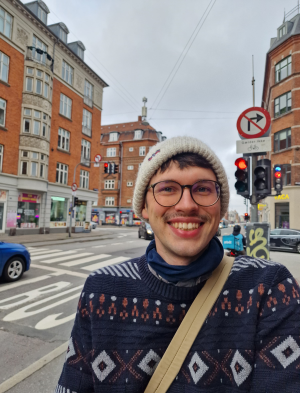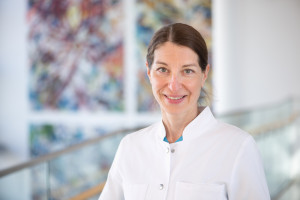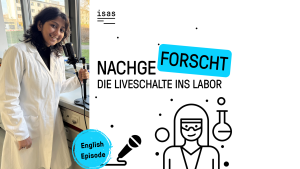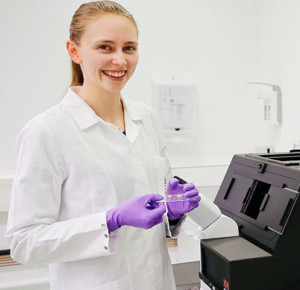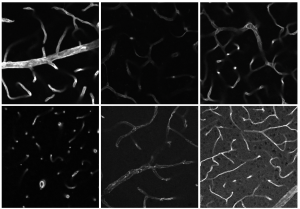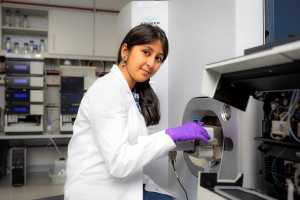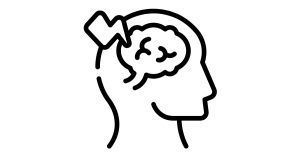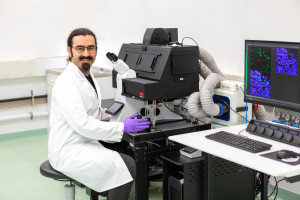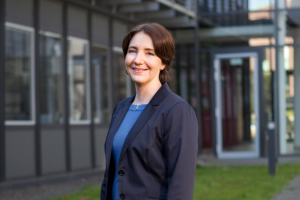Dortmund, 25th August 2022
Continuing to work in science after the doctorate, either at a university or non-university research institution – with their participation in the Leibniz Mentoring programme, Dr Fiorella Solari and Dr Elen Tolstik intend to make sure that their wish will become reality in the near future.
The two scientists from the research groups Proteomics (Solari) and Cardiovascular Pharmacology (Tolstik) applied for the 16-months programme in 2021. The Leibniz Association’s selection criteria are excellent research achievements and the recognisably pursued goal of achieving a leading position in science and research. Since their acceptance, the two ISAS postdocs have been working on their path to a professorship or leadership position with the help of experienced mentors. They also participate in seminars to expand their leadership skills and to best develop their careers overall. Their participation in the mentoring programme also includes the development of discipline-specific networks.
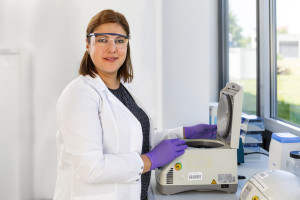
Dr Fiorella Solari is taking part in Leibniz Mentoring to successfully continue her career path in science.
© ISAS
I’m even more grateful that I can additionally advance my professional goals with the help of outside experts.
“No matter how strong the support is within your own institute, it is always helpful to have an outside perspective. That’s why I’m even more grateful that I can additionally advance my professional goals with the help of outside experts like Prof Dr Felix Meißner from the University of Bonn,” says Solari. The 35-year-old biologist has been at ISAS since 2013 and conducts research in proteomics with particular focus on platelets biology. The mentoring programme is also an invaluable asset for Tolstik.
I’m doing everything I can to qualify myself so I’ll have a real chance to take the next career step in science as soon as possible.
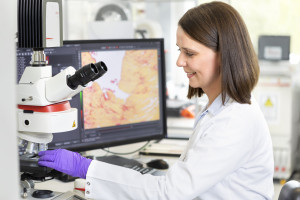
Physicist Dr Elen Tolstik also benefits from the mentoring programme.
© ISAS / Hannes Woidich
The physicist, 37, has been researching biomarkers at ISAS since 2018, to detect cardiovascular diseases earlier and treat them better in the future. Her experience with the mentoring programme so far: “A career in the private sector was never an option for me. I’m doing everything I can to qualify myself so I’ll have a real chance to take the next career step in science as soon as possible. The support I receive from my mentor, Prof Dr Raluca Niesner from Freie Universität Berlin, helps me a lot.”
(Sara Rebein)
